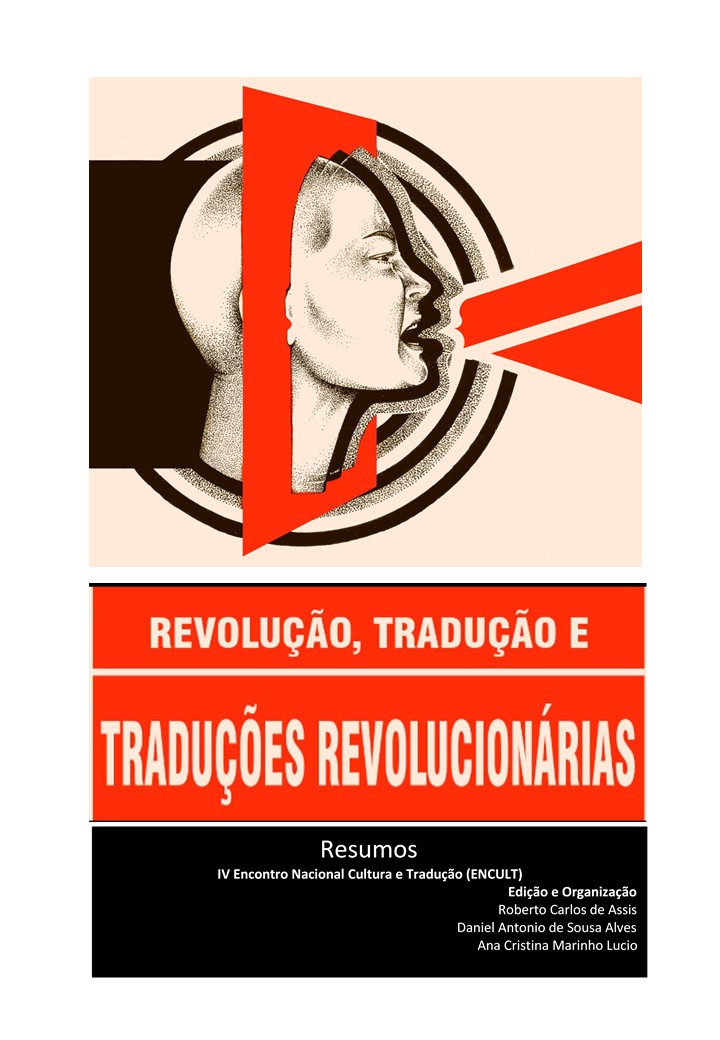THE PROFESSIONAL EXPERIENCES OF INTERPRETATION STUDENTS AS A SOURCE OF IMPROVEMENTS ON INTERPRETER TRAINING PROGRAMS
Resumo
There is a general consensus that experience in the professional field, prior to the end of the training process, is crucial for students, not only for a more adequate transition to the professional context, but also in promoting a comprehensive development. According to the approach of Andreozzi (2011), the professional actions that students perform become privileged mediations of the formation process of professional identities. For this reason, Higher Education Institutions are reconsidering the limits between training and the professional context far away from classrooms. Therefore, mechanisms like internships have become the link between these two worlds. Interpreter training in Chile consists of 17 Higher Education Institutions that offer the program Translation and Interpretation English-Spanish. In a nutshell, Interpreter training in Chile aims to the mastering and development of different skills, which will allow students to render quality interpretations. However, despite the similarities, there are a lot of differences regarding internships and the connection these universities have with the professional world, making students’ professional experiences highly unequal. This research focused on interpreting students who have had professional experiences during their training process, which lead to changes that affected student’s perception and expectations, and that certainly affected their development and learning process. In this context, the "Student Voices" movement is crucial to identify the needs that interpretation students have regarding their training process. Through 9 in-depth interviews to students, with professional experiences, from the three universities that offer the interpretation program in the V Region of Valparaíso, Chile, their perceptions and expectations regarding their professional experience and their training process was inquired. These interviews were made according to three main axes of information: interpreter training; professional experience, and expectations of both. This way, a set of contributions to the training of interpreters in Chile are built, which are categorized into three main groups: methodology and didactics, institution, and evaluation. The value of professional experiences while being a student was one of the common grounds for all students, along with the need for internships as part of their training program. Students also highlighted the good quality of teaching from their respective universities, despite the different methodologies trainers use.Downloads
Não há dados estatísticos.
Downloads
Publicado
2017-09-27
Edição
Seção
Comunicações Breves Eixo Formação de Tradutores e Tradutoras

